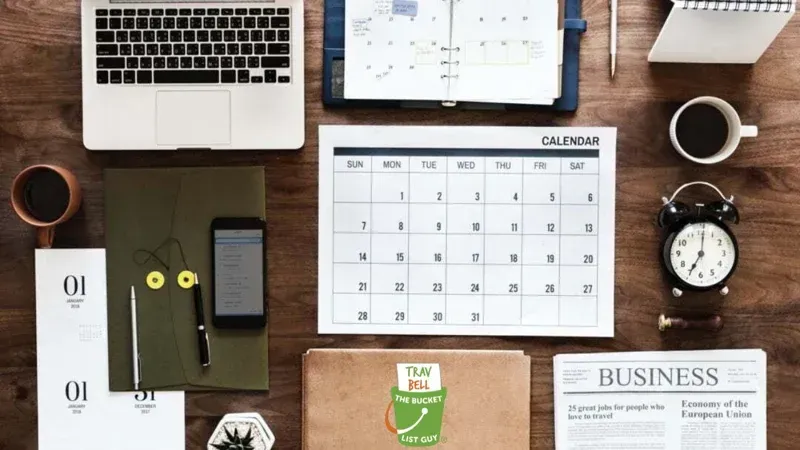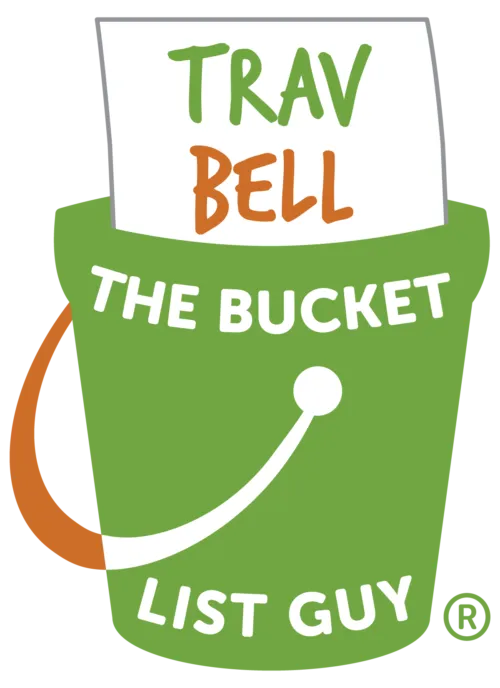LATEST BLOG POSTS

Task Batching: The Secret To Being A Productivity Ninja!
How many people brag about how "busy" they are? I'm like "wow" when I hear this (BTW - my "wow" is laced with complete sarcasm). No one cares how busy you are. I mean, who isn't busy, right? Another one that gets me is when people brag about how good they are at "multitasking." Multitasking is often hailed as a prized skill. But in reality, it makes you dumber. Yep, there's research to prove it!
The world only cares about how productive you are and what results you get from the 168 hours in the week that we all share. I'm often bewildered knowing that Elon Musk has exactly the same 168 as I do. Damn you Elon! LOL
One of the secret hacks that successful people share is their ability to task batch. I'm not just talking about business here either. I'm talking about all parts of life for all people. Task batching is a productivity method that promises to turn you into a productivity ninja. Where it's all about doing more with less.
What Is Task Batching?
Task batching, also known as time batching or batch processing, is the process of grouping similar tasks together and completing them consecutively without interruption. Instead of jumping from one unrelated task to another, you focus on one type of task for a set period. This method is based on the idea that switching between different types of tasks can be mentally taxing and reduce efficiency.
Why Task Batching Works
1. Reduces Mental Fatigue: Every time we switch tasks, our brain needs to adjust and refocus, which consumes energy and time. By batching similar tasks, we reduce the number of times our brain needs to shift gears.
2. Improves Concentration: When we batch tasks, we give ourselves permission to dive deep into a particular activity, leading to better focus and higher quality work.
3. Saves Time: Task switching can add up to a 40% loss in productivity. Batching minimizes these transitions, saving valuable time.
How To Deploy Task Batching
1. List & Categorize: Start by listing all your tasks and categorizing them into similar groups. For instance, all email-related tasks can be grouped together, and all content creation tasks can form another batch.
2. Prioritize: Once categorized, prioritize your batches based on deadlines, importance, or energy levels.
3. Allocate Time Blocks: Assign specific blocks of time to each batch. For instance, you might decide to handle emails from 10 am to 11 am and work on content creation from 1 pm to 3 pm.
4. Limit Interruptions: When working on a batch, minimize distractions. This might mean turning off notifications, informing colleagues you're in a focused work session, or using tools like the Pomodoro Technique to maintain focus.
5. Review & Adjust: At the end of the week, review your batching system. Adjust time blocks or re-categorize tasks as needed.
Task batching is more than just a productivity hack; it's a mindset shift. By embracing this method, we can work more efficiently, reduce stress, and produce higher quality work. So, the next time you're tempted to multitask, consider batching instead. Your brain (and your to-do list) will thank you.
Here are some great references...
Why Multitasking Is Bad for Our Brains (https://www.forbes.com/sites/nomanazish/2018/01/12/why-multitasking-is-bad-for-our-brains/?sh=3d7f9f1f5f04)
The Myth of Multitasking (https://www.psychologytoday.com/us/blog/brain-wise/201209/the-true-cost-multi-tasking)
Deep Work: Rules for Focused Success in a Distracted World (https://www.calnewport.com/books/deep-work/)
Multitasking: Switching costs (https://www.apa.org/monitor/apr01/multitask)

